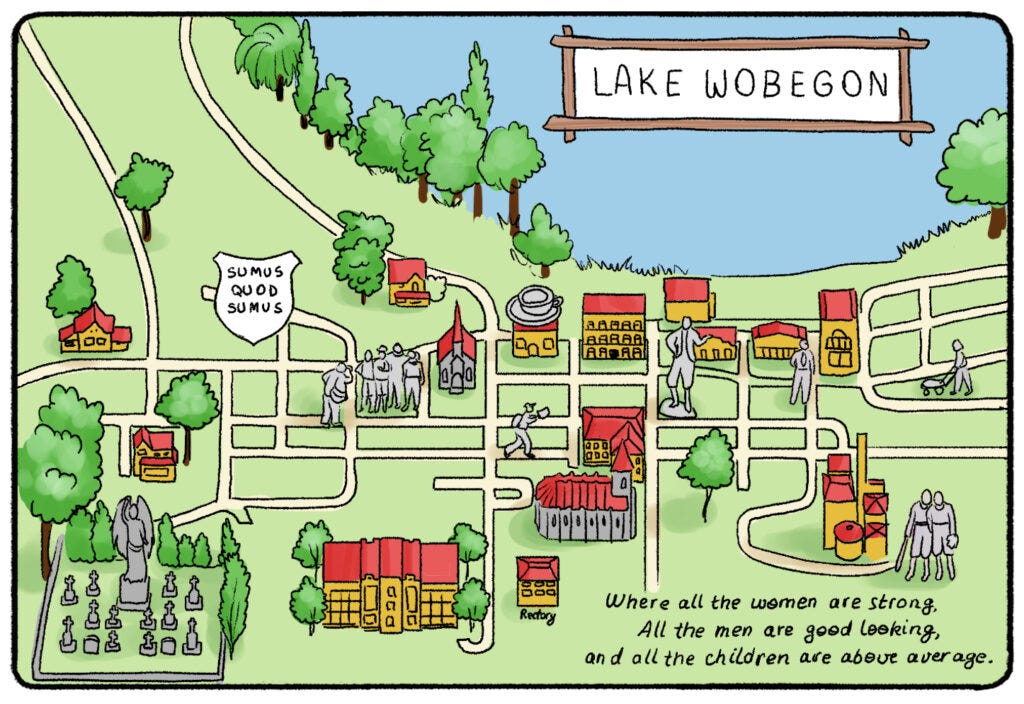441: Zuckerberg's Threads, VC Incentives, ESG Loophole, Asset Management, Superconductors, My Expenses, and Oppenheimer
"talent is a power law"
People consistently overrate their own skill, honesty, generosity, and autonomy…
They chalk up their successes to skill and their failures to luck, and always feel that the other side has gotten a better deal in a compromise.
—Steven Pinker
🏆🥇🙌 The more *truly* talented people I get to know, the more convinced I am that talent is a power law and the right person makes all the difference in the world — in fact, the most talented people operate in a completely different world than most of their so-called competition (which isn’t to say that sometimes you don’t have two superstars competing).
In many fields, the difference in outcomes/performance between someone in the 50th and the 60th percentiles may be 15% (or whatever, I’m just making up numbers to illustrate), but the difference between someone in the 10th and the 1st percentile may be orders of magnitude.
This is why people like Sam Hinkie spend almost all their time on finding the right people, and why many of the most successful founders of all time were involved in every hiring decision at their companies until it was physically impossible for them to keep up.
Knowing that these people are out there kicking ass doesn’t make me envious.
It inspires me to try to do better, to realize my own potential.
It’s quite clear that not everybody can be above average — the Lake Wobegon fallacy — and that what we have control over is how we play the hand that fate has dealt us, not how well or badly others do.
Their excellence doesn’t take anything away from me.
Quite the contrary in fact!
It adds to my life. I get to enjoy the great things that they create, whether art, science, engineering, products, companies, or whatever! The world is better and the pie is larger thanks to them, and if I can support or highlight them with my own work, that feels win-win to me 🥧 👍
📖 📚⏳ When it comes to books, I feel like I haven’t been reading as much as I would like to for a long time.
I used to plow through so many books, but ever since my wife and I had kids, my book reading has taken a dive. But that was 9 years ago, so I have to stop using that as an excuse. If I really want to do it, I have to find time & energy for it somehow.
Otherwise, it’s a matter of revealed preference, and perhaps I don’t really want to do it hard enough..? 🤔
So far my approach has been to try to set aside an hour here and there, but that ends up rarely happening. By the time the kids are in bed, I’ve often spent all day reading and writing (non-book stuff, but it’s still a lot of reading) and I just want to relax with my wife if she’s there, or if she’s out with her running class, I often end up doing something that requires less mental energy (watch a film, listen to podcasts).
I’m going to try a new tactic: Small chunks of reading sprinkled throughout the week + tracking/gamification (because I know it works for me with exercise)
My goal is to get started whenever I can find 10 minutes. If it turns into a longer reading session, good, but I shouldn’t feel bad if I keep it short as long as the frequency is decently high.
Every chunk of 10 minutes with a book will be worth “1 reading point”. At the end of every week, I’ll see how many points I have and put that in a spreadsheet so I can see the trend over time and make it very visible if I’m not reading.
Let’s give it a try! Last week I had 11 ‘reading points’, so that’s a good start.
🏦 💰 Liberty Capital 💳 💴






